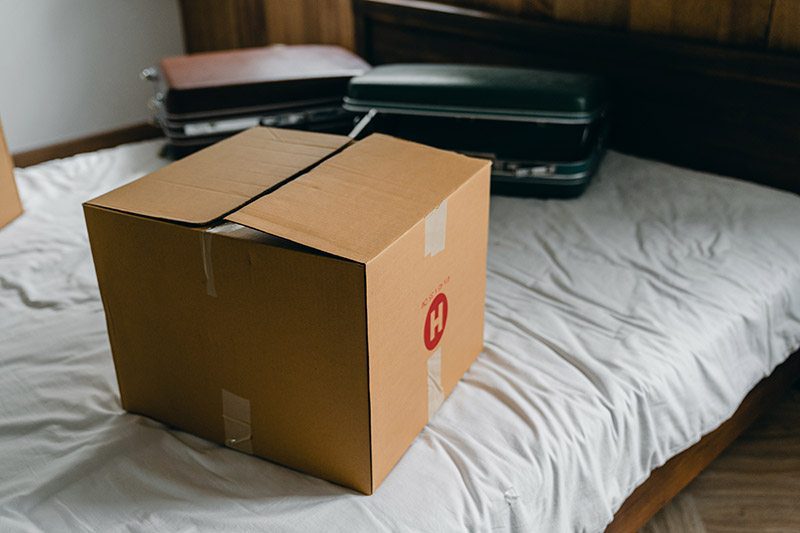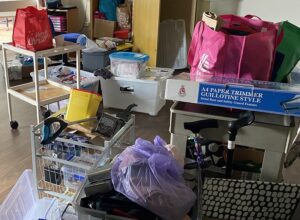
What is intergenerational clutter?
Recently, I was going through the huge mass of family photos I had become custodian of, and realised I had no idea who some of the people in the pics even were. I’m sure they were lovely people and they were possibly related to me, but the unnecessary photos needed to go.
Other examples of intergenerational clutter include:
- Household items given to us after an ancestor dies or downsizes.
- Useless trinkets we inherited that we felt compelled to take.
- Spare everything that we took from relatives – kitchenware, appliances, tools – just in case ours break.
- Items we feel obligated to keep because of guilt – because keeping this legacy of nanna is the least we can do, right?
- Big Brown Furniture which is heavy and dark and we hate it.
Retro chic and the precious memories contained in our ancestors’ belongings can make them appealing to hang onto. But sometimes it can be a lot.
How can we avoid intergenerational clutter?
- Be careful about what you say yes to.
- Stick to items that are useful and/or meaningful to you and your relationship with your ancestor. Not just everything they touched.
- Remember your ancestors would want you to be happy, not to feel burdened by their stuff.
- Find a way to honour their memory in a thoughtful, curated way.
- If they are still alive, don’t waste time managing their stuff – spend time with them instead.
Can intergenerational clutter be good?
Many years ago, my partner’s grandmother moved into a retirement village just as he moved into his own apartment. He inherited lots of big-ticket items like fridge and washing machine, as well as enough cutlery and crockery to set him up. It was perfect.
But if something doesn’t add utility or value to your life, it is clutter.
Check out this post about what to do with unwanted gifts.
If you are in your senior years and want to avoid burdening your offspring with your belongings, look at Swedish Death Cleaning.






























